coordinators
-
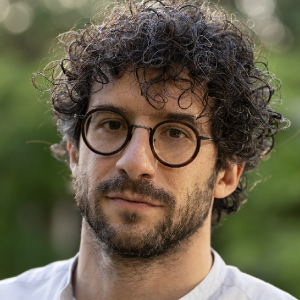
Luca Corti
P.I. Coordinator of Research Unit 1 (Padua)
Luca Corti is Associate Professor of Theoretical Philosophy at the University of Padua. He is a member of the Research Center on Classical German Philosophy and Contemporary Thought (hegelpd.it) in Padua, as well as a member of the MLAG (Mind, Language, Action Group) at the University of Porto and Associate Member of the Institute of History and Philosophy of Science and Technology (IHPST) at the University Paris 1 Sorbonne . His work spans both philosophy and the history of philosophy, focusing on the philosophy of nature, theoretical issues in biology, and the philosophy of mind and normativity. He has various publications in these fields, as both an author and editor, including Life, Organism, Cognition (Springer), Normativity and the Life Sciences, Analytical and Continental Perspectives (History and Philosophy of the Life Sciences), and Organisational Teleology and Normativity (Synthese). He has been a visiting fellow at the University of Chicago, Humboldt University of Berlin, Paris I Sorbonne University, and the University of Bochum. Before becoming Associate Professor at Padua, he received several fellowships from international institutions, including DAAD (Bonn), Swiss Excellence (Zurich), IRC (Dublin), Marie-Curie (Chicago/Padua), and FCT (Porto).
-
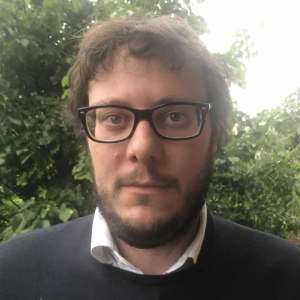
Mario Farina
Coordinator of Research Unit 2 (Venice)
Mario Farina, associate Professor at the IUAV University of Venice, graduated from the University of Pavia (2008) and received his PhD from the University of Eastern Piedmont (2012). He studied at the universities of Heidelberg and Cologne and was a visiting researcher at the University of Frankfurt and University College Dublin. He was a research fellow at the University of Florence (2014-2016/2017-2019) and lecturer in aesthetics at the Academy of Fine Arts in Reggio Calabria. Since 2020, he has been a researcher at the Iuav University of Venice.
His publications include:
M. Farina, ‘Criticism, Symbol and History. La determinazione hegeliana dell’estetica’ (Ets, Pisa: 2015).
M. Farina, ‘Adorno’s Aesthetics as a Literary Theory of Art’ (Palgrave Macmillan, Cham 2020) -
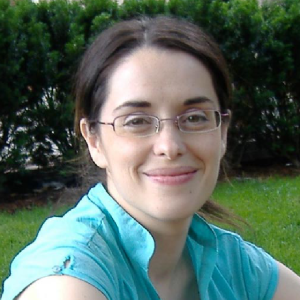
Vera Tripodi
Coordinator of Research Unit 3 (Turin)
Vera Tripodi is Assistant Professor (RTD-B) in Moral Philosophy at Department of Electronics and Telecommunications (DET), Politecnico di Torino. She received her Ph.D. in Logic and Epistemology from Sapienza University of Rome. Before taking up her post at Politecnico, she worked as assistant professor (Rtd-A) at the Department of Philosophy at the University of Milan La Statale. Previously, she was a Post-doctoral Researcher at University of Turin, University of Barcelona, University of Oslo, and Columbia University (New York). She specializes in ethics of technology, bioethics, feminist philosophy and ethics, and social ontology. She is a Founding Member and Vice President of the SWIP ITALIA (The Society for Women in Philosophy – Italy). Her latest book, edited together with Enrico Terrone, is “Being and Value in Technology” (Palgrave 2022).
post-doc members
-
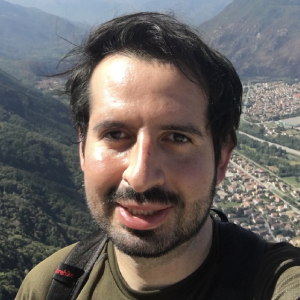
Alejandro Gordillo-García
post-doc
Alejandro is a postdoctoral researcher at the University of Padua’s FISPPA department, specializing in the philosophy of biology and philosophy of human sciences (particularly paleoanthropology and cultural evolution). He earned his Ph.D. from KU Leuven.
-
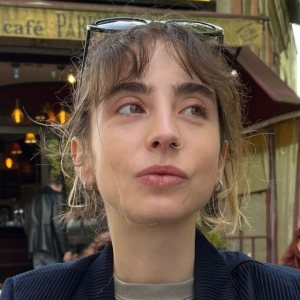
Camilla Pitton
post-doc
Camilla Pitton has obtained her PhD from the Department of Philosophy at the University of Warwick, where she was supervised by Daniele Lorenzini and Maria Puig de la Bellacasa. Her doctoral thesis brings together the work of Luce Irigaray and Catherine Malabou to offer a comprehensive critique of sexual difference as a category implicitly operative in the western canon. Her recent and upcoming publications in Feminist Philosophy Quarterly, Hypatia, and The Journal of Nietzsche Studies consolidate her interests in feminism and post-Kantian European philosophy.
-
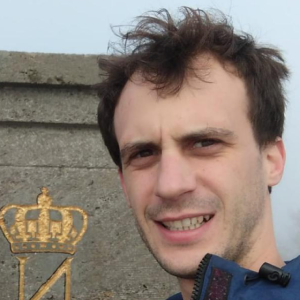
Matteo Rategni
post-doc
Matteo Rategni studied Philosophy at the University of Pavia, Italy. As bachelor and master student, he has been in Munich and in Jena. He obtained his PhD in Februrary 2023, at the end of a cotutelle programme between the Northwest Philosophy Consortium (Italy) and the Friedrich Schiller Universität in Jena (Germany). He defended a PhD thesis on the concept of politics in Hegel, under the supervision of prof. Luca Fonnesu (Pavia) and Prof. Dr. Klaus Vieweg (Jena). He works on the history of modern philosophy and the history of modern and contemporary political thought.
members
-
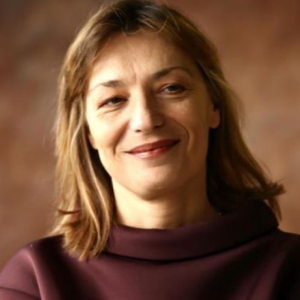
Angela Vettese
member
Angela Vettese studied Philosophy (Università degli Studi di Milano) and Art History (Università Cattolica di Milano). She teaches Contemporary Art as an Associate Professor at the Università Iuav di Venezia, where she has founded and directs since 2001 the Graduate Course in Visual Arts. She coordinates the Ph.D Section for the Arts in the Ph.D program of the Iuav University.
She has been teaching at the Luigi Bocconi University in Milan (2000-2007 and 2011-2013) , and at the Art Academies in Venice and Bergamo. She has founded and directed the Master in Photography at the Iuav University and has co-founded the Master in Film and Photography at the Venice International University, The Study in Venice Summer School (with Ca’ Foscari Univeristy) and the Film in Venice Summer School (Venice International University). She’s a mentor for the Free Univeristy of Bozen. She has been an expert and a member of the Brussels commissions at the European Research Council (2012-13). -
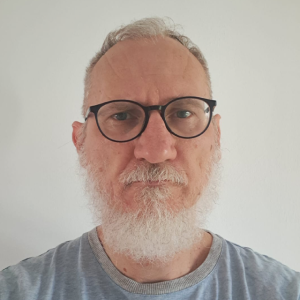
Antonio M. Nunziante
member
Antonio M. Nunziante is Associate Professor at the University of Padua (Italy). His main area of research involves epistemology, naturalism, and history of ideas. He has worked on modern thought (Leibniz, Hegel), and on early American naturalism and phenomenology (M. Farber, W. Sellars). He is currently writing a book on the topic of Naturalism and Civilization.
-
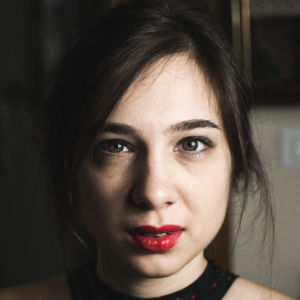
Giovanna Miolli
member
Giovanna Miolli is currently a Marie Skłodowska-Curie Post-doctoral Fellow at the University of Padua and the Pontificia Universidad Católica Argentina (Buenos Aires). She is a member of the International Research Group on Classical German Philosophy Hegelpd at the University of Padua and of the Sociedad Iberoamericana de Estudios Hegelianos (SEH). She has studied and carried out research projects at the University of Padua, Humboldt University Berlin, the University of Sydney and the University of Münster. Her research areas include classical German philosophy (especially Hegel), contemporary metaphilosophy, feminist philosophies and the philosophy of education. Since 2017 she has been Educational Project Manager at the Association of Philosophical Studies “Verifiche” (www.verificheonline.net/
progetti/). Her position includes the design and implementation of philosophical workshops for children and adolescents. Among her publications are: the book Il pensiero della cosa. Wahrheit hegeliana e Identity Theory of Truth (Verifiche, 2016), the co-edited volume The Relevance of Hegel’s Concept of Philosophy: From Classical German Philosophy to Contemporary Metaphilosophy (Bloomsbury, 2022), and the co-edited special issue Feminist Metaphilosophy (Verifiche, 2021). -
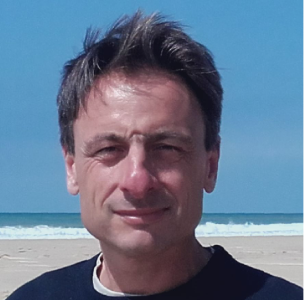
Giuseppe Fusco
member
Giuseppe Fusco is Associate Professor of Zoology in the Department of Biology of the University of Padova. His research is in the area of evolutionary biology, with a focus on the variation produced in each generation through reproduction and development, the ‘raw material’ on which natural selection and other mechanisms of evolutionary change operate. He is author of the graduate textbook ‘The Biology of Reproduction’ (CUP, 2019) and the popular science book ”Understanding Reproduction’ (CUP, 2023). G. Fusco teaches Evolutionary Biology at the University of Padova.
-
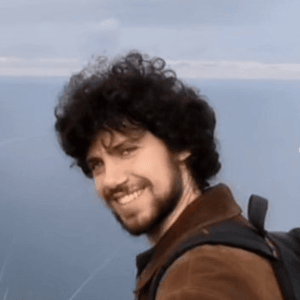
Luigi Garaffa
Member
Luigi Garaffa (Palermo, 1994) is a PhD student at the University of Padua (PhD programme in biosciences) and at the university of Paris 1 Panthéon-Sorbonne (doctoral school of philosophy).
His main field of interest is the philosophy of science and in particular the philosophy of biology. His research project focuses on the debate on the so-called ‘Extended Evolutionary Synthesis’ and aims to analyse the theoretical changes that have taken place in evolutionary biology in recent decades and assess their theoretical implications. His research focuses in particular on the phenomenon of phenotypic plasticity (i.e. the ability of a genotype to produce different phenotypes in response to environmental variation) and how this process is changing how we view the relationship between environment, developmental system and evolution.” -
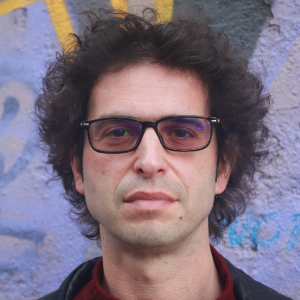
Paolo Pecere
member
Paolo Pecere is Associate Professor of History of Philosophy at the University of Roma Tre. He works on the relationship between science and philosophy in the modern age. Among his publications : La filosofia dellanatura in Kant (Page 2009), Meccanica quantistica rappresentazione realtà. Un dialogo tra fisica e filosofia (with A. Bassi and N. Argentieri, Bibliopolis 2011), Dalla parte di Alice. La coscienza e l’immaginario (Mimesis 2015), Soul, Mind and Brain from Descartes to Cognitive Science. A Critical History (Springer 2020), La natura della mente. Da Cartesio alle scienze cognitive (Carocci 2023). He is also the author of novels as well as the narrative essays Il dio che danza. Viaggi, trance, trasformazioni (Nottetempo 2021) and Il senso della natura. Sette sentieri per la Terra (Sellerio 2024). Paulo Pecere is also the author of high school textbooks of philosophy, including Vivere la conoscenza and Filosofia in dialogo (Mondadori 2022 and 2023, with R. Chiaradonna). In 2024 he is Fellow at the Italian Academy of Advanced Studies at Columbia University.
-
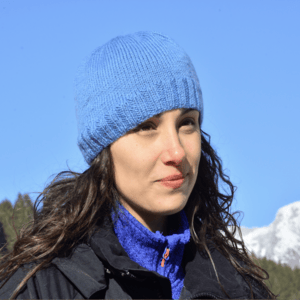
Sofia Belardinelli
Member
Sofia Belardinelli holds a PhD in Environmental Ethics from the “Federico II” University of Naples and is a Research Fellow for the seventh Global Environment Outlook of UNEP. Her research topics range from biocultural diversity to relational ethics and evolutionary biology. She is a science journalist and contributes to several outlets, including Il Bo Live, Micromega, and Il Tascabile. She covers topics such as the environmental crisis, biodiversity, and environmental justice, as well as social and current issues.

